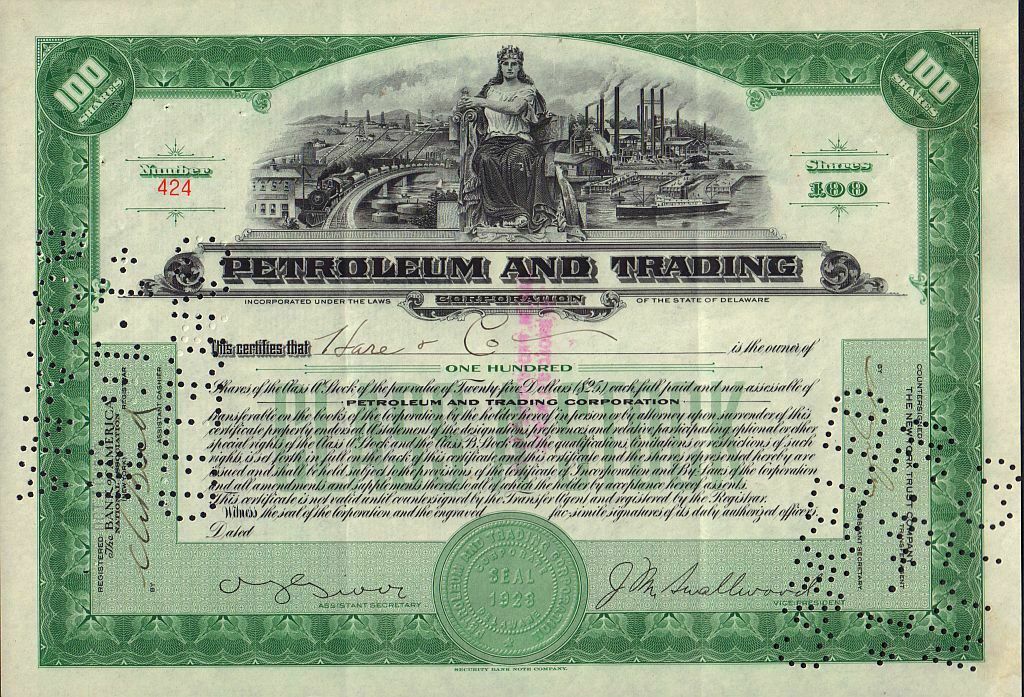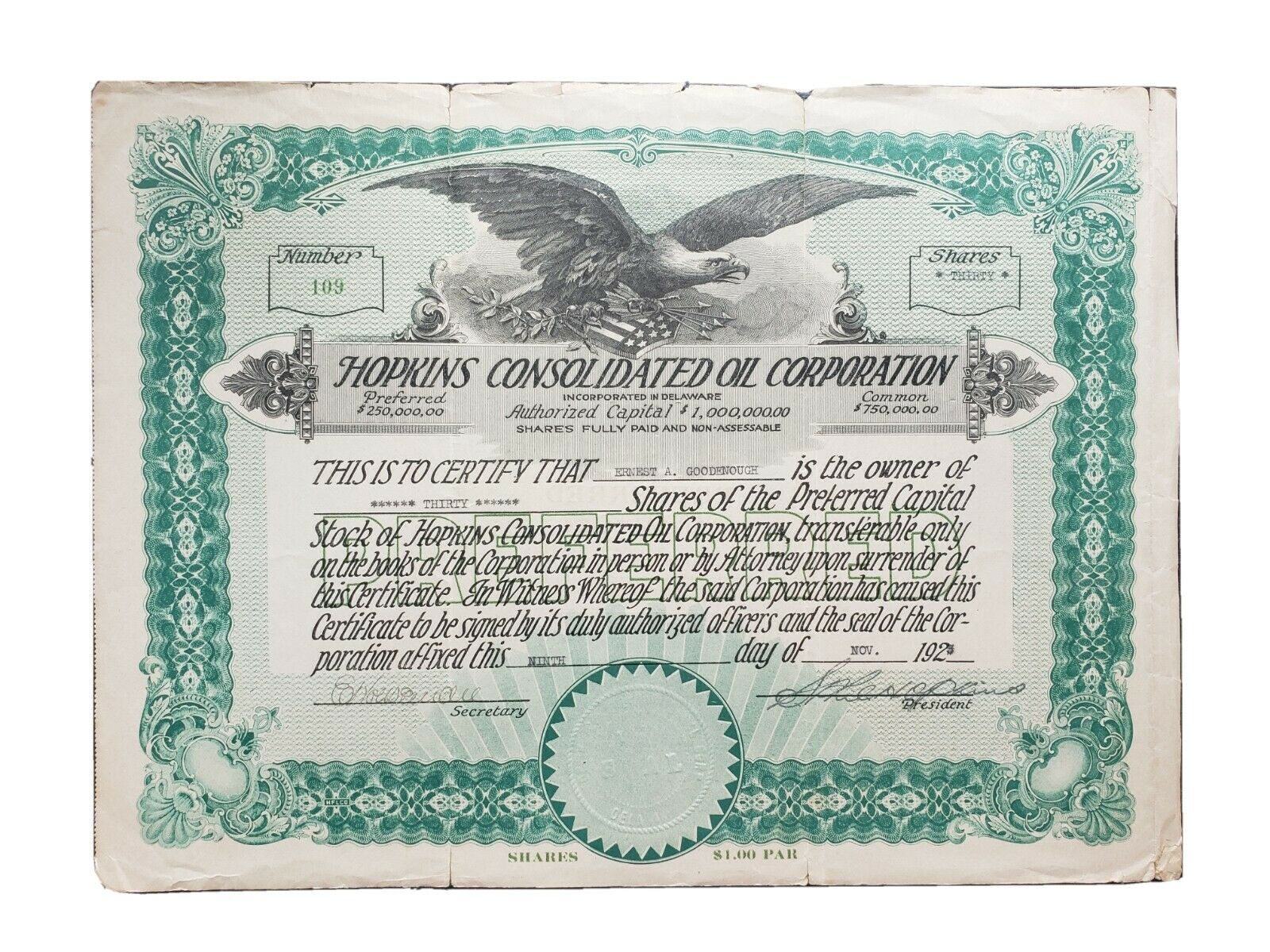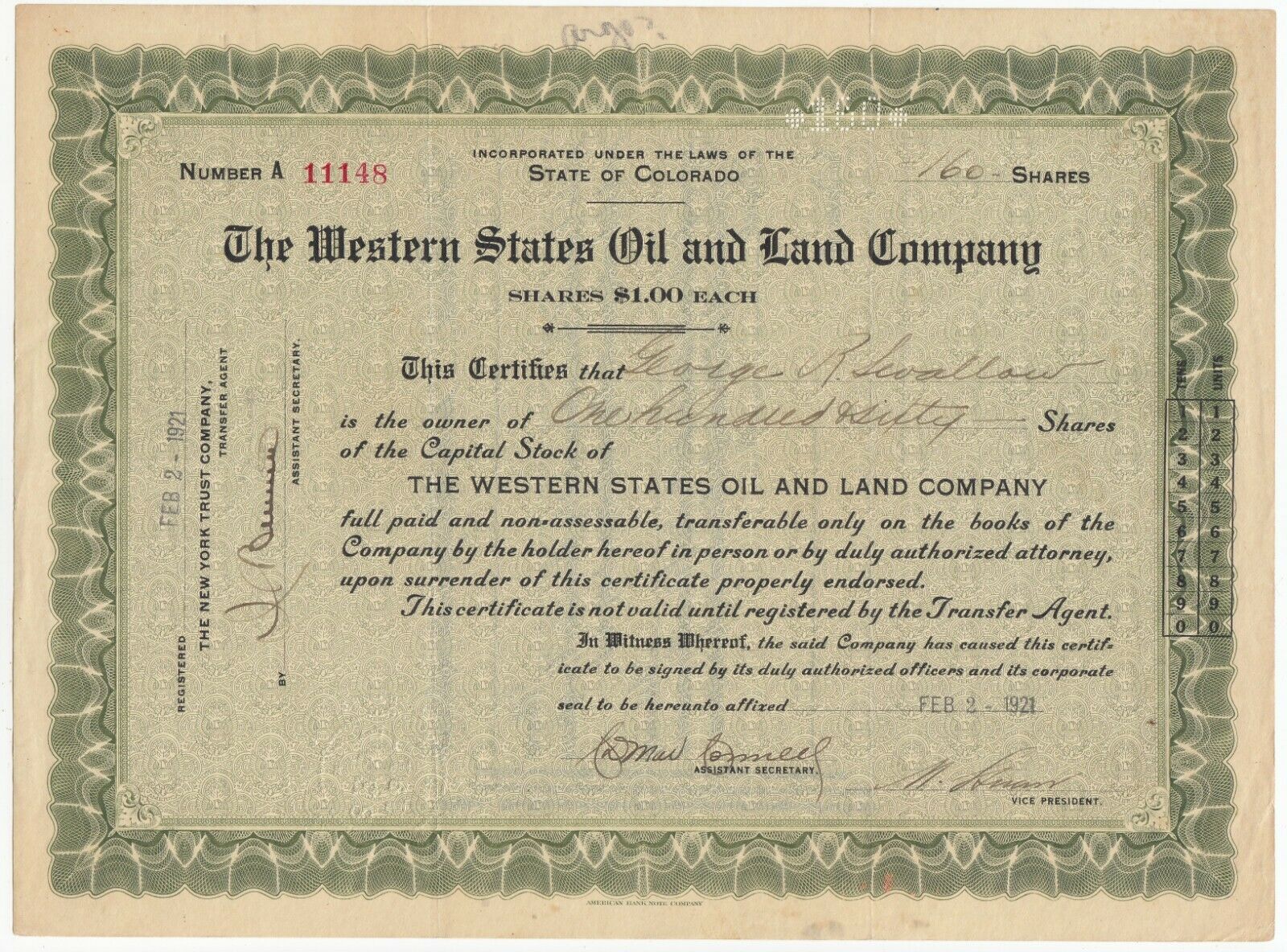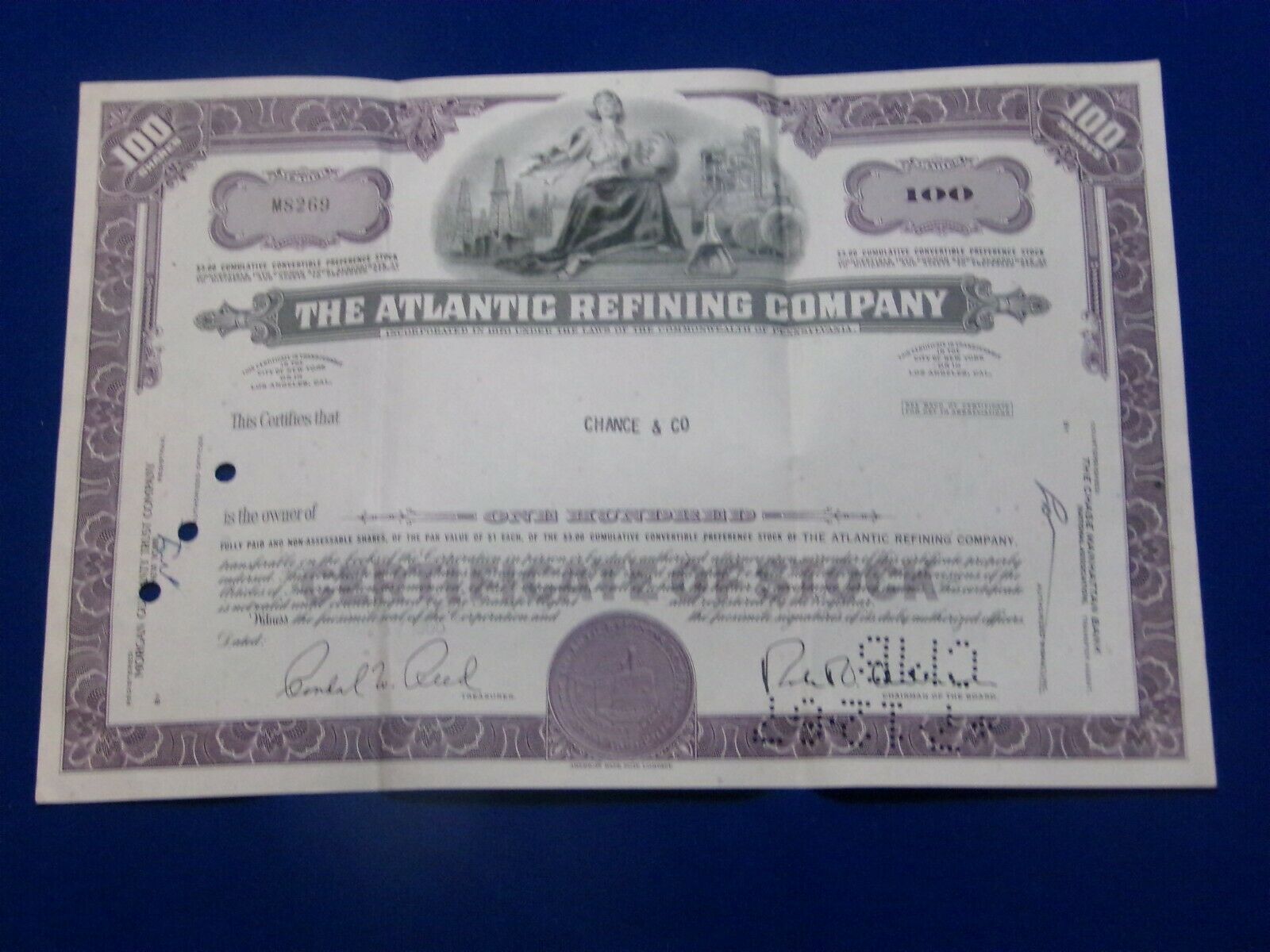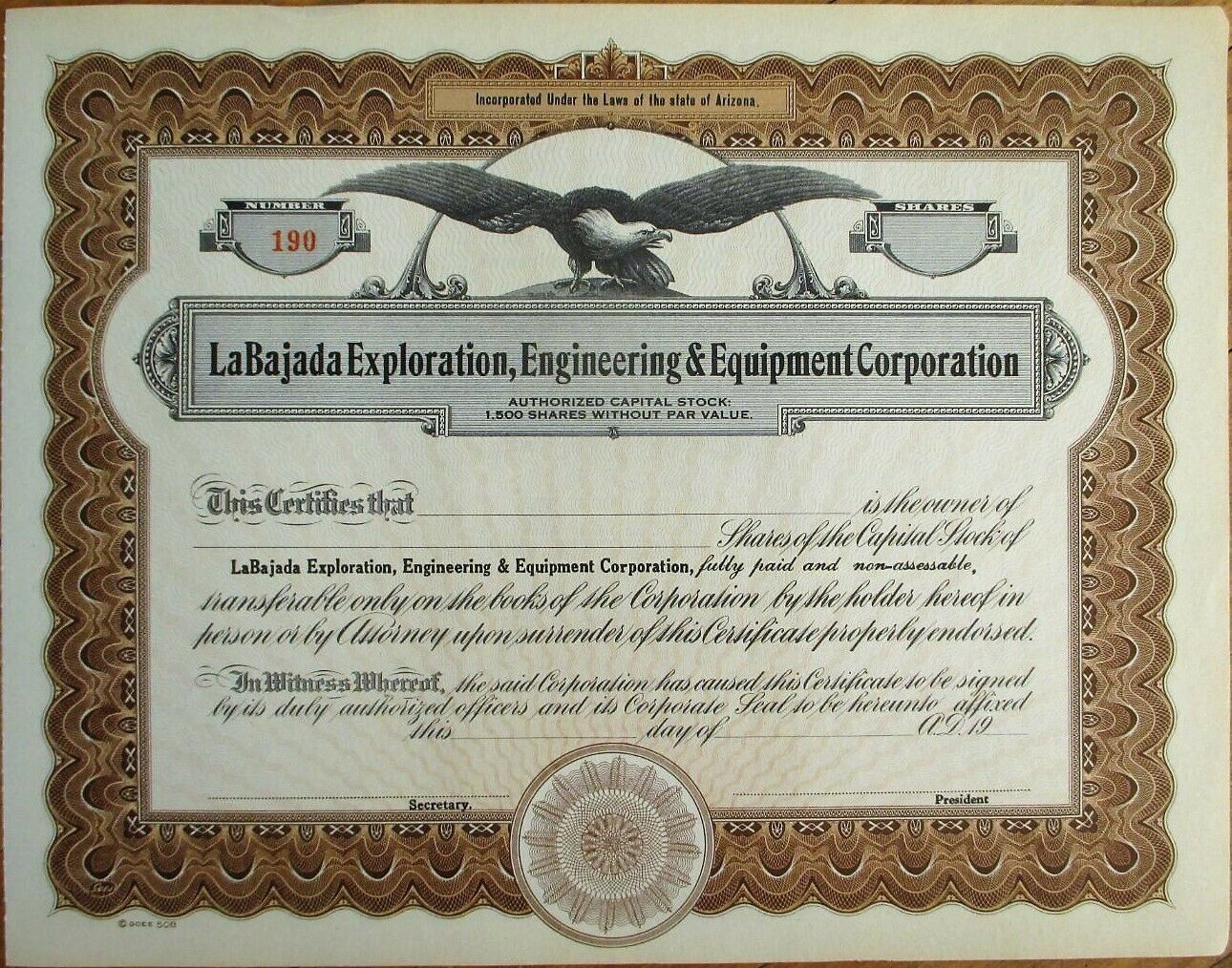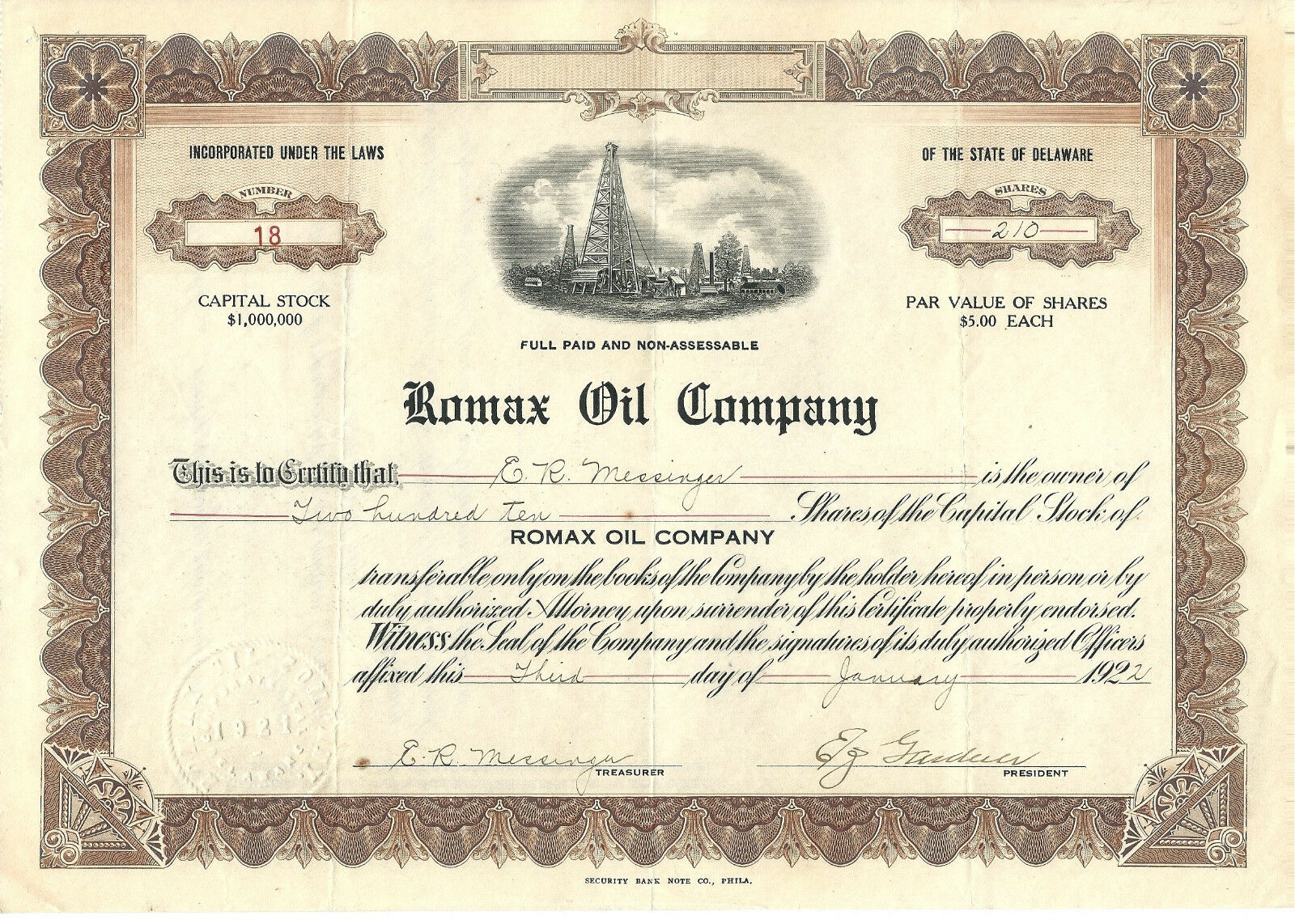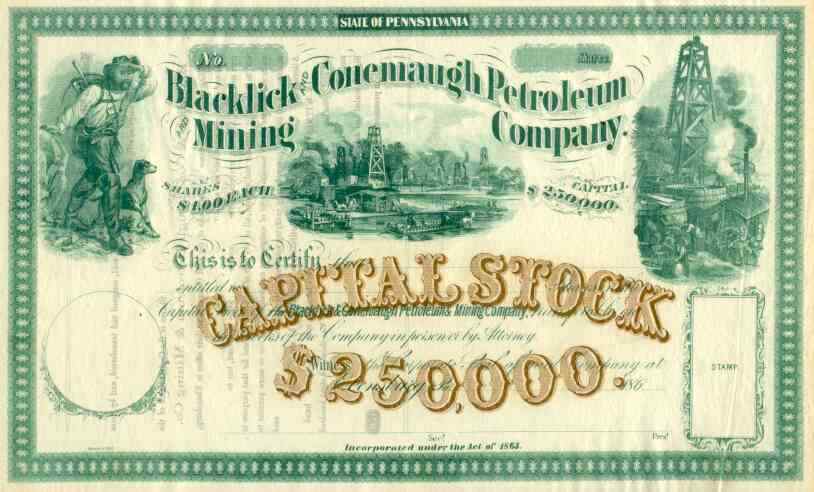-40%
COMPLETE SET OF 4 DIFF 1970's PUERTO RICO COMMONWEALTH OIL STOCKS @ .87 cv
$ 3.69
- Description
- Size Guide
Description
QUIERO "CORCO" -QUIERO "PUERBO"
PUERTO RICO BIG OIL
The Commonwealth Oil Refining Company (CORCO) was Puerto Rico's largest oil company and the Island's largest employer from the 1950's through 1982!
As every collector of Puerto Rico knows, Puerto Rican securities are far and few between, so you otter grab this set of 4 (Four!) Different CORCO stock certificates sooner rather than later, because later our price is
not
going to be .87 a piece, which is less than it cost CORCO to engrave, print and issue the stock!!!
Another "Great Giveaway" from Collect-a-thon aka Historic Treasures!! Collector Value the set!
Dates (mostly in the late 60's/early 70's), bearer names, banks, transfer agents and share amounts may vary. Condition remains clean and crisp.
CORCO represented an investment of million and had the capacity to refine 23,500 barrels (3,740 m
3
) of oil daily.
The economic impact in the region was felt immediately, with a lower unemployment rate being registered as well as a higher standard of living. The refinery propelled related chemical industries to build in adjacent lands, and
Phillips, Peerless Petrochemicals and PPG Industries
added large facilities next to CORCO, providing further employment in the region. Union Carbide was
also located there.
The company created 8,000 direct jobs.
The refinery bought most of its oil from Venezuela
and the 1970's Oil Embargo s
hot up the price of crude oil imports to the U.S
, and thus Puerto Rico, making
it difficult for the company to be compete profitably against oil refineries in US, as the American refineries were able to soften the blow of higher crude prices by purchasing domestic (American) crude.
Today it functions as a terminal for the marine transportation and land-based storage of crude oil and petroleum
products. .
After the refinery ceased operations, an entity called
Desarrollo Integral del Sur
(South Integral Development) began developing a long-term plan for the reuse of the lands and properties in the area.


